President Akufo Addo is equal to corruption and economic incompetence -Prof. Steve Hanke
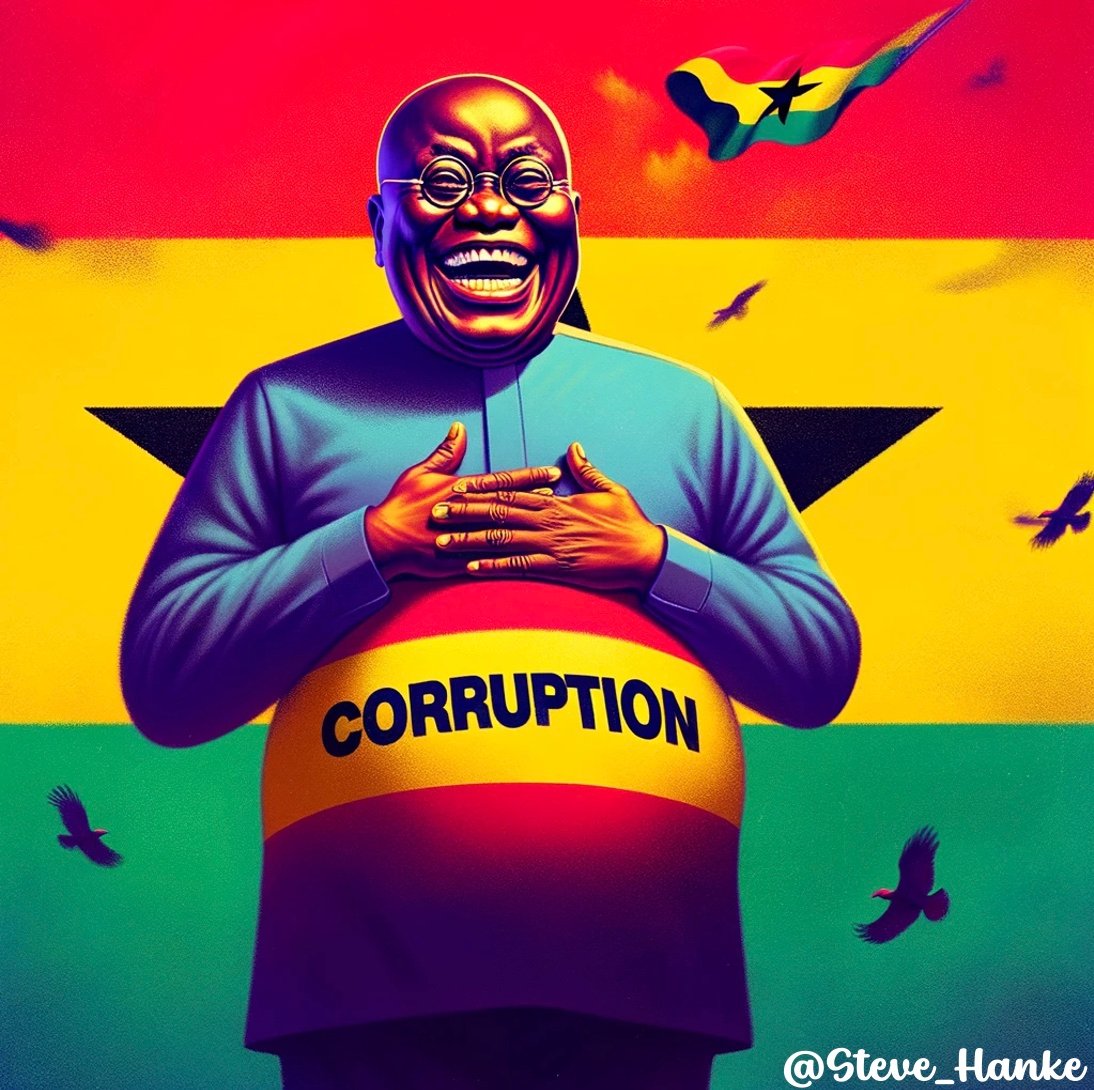
Professor of Applied Economics, Steve Hanke, has called for Ghana to be saved and says President Akufo-Addo is equal to corruption and economic incompetence.
In recent times, Professor Steve Hanke, a renowned economist and professor of applied economics, has raised concerns about the state of Ghana under the leadership of President Nana Akufo-Addo. Accusing the president of being synonymous with corruption and economic incompetence, Professor Hanke’s statements have sparked a debate on the country’s governance and economic policies. In this blog post, we will delve into the key arguments presented by Professor Hanke, examine the evidence supporting and refuting these claims, and provide a balanced analysis of the situation.
Corruption Allegations:
Professor Hanke has explicitly stated that President Akufo-Addo is equal to corruption. To evaluate this claim, it is essential to scrutinise instances or patterns of corruption within the government. Allegations of corruption are not uncommon in politics, and substantiating such claims requires concrete evidence. Examining high-profile cases, investigating institutional transparency, and considering international corruption indices can provide insights into the prevalence and impact of corruption within the administration.
Corruption has long been a problem in Ghana, and recent years have seen a number of high-profile scandals involving President Nana Akufo-Addo and his administration. These scandals have eroded public trust in the government and raised concerns about the country’s commitment to fighting corruption.
One of the most notable scandals involved the alleged misappropriation of funds from the Ghana Infrastructure Investment Fund (GIIF). In 2018, it was reported that over $2 billion had been diverted from the fund, which was set up to finance infrastructure projects in Ghana. The government has denied any wrongdoing, but the allegations have led to calls for an independent investigation.
Another major scandal involved the alleged corruption of the Public Procurement Authority (PPA). In 2020, the PPA’s CEO, Adjenim Boateng Adjei, was arrested and charged with corruption. Adjei is accused of taking bribes from contractors in exchange for awarding them contracts. He has pleaded not guilty, but the case is ongoing.
These are just two of the many corruption scandals that have plagued Ghana in recent years. Other scandals have involved the Ministry of Finance, the National Lottery Authority, and the Customs Division of the Ghana Revenue Authority.
The Akufo-Addo administration has taken some steps to address corruption, such as establishing the Office of the Special Prosecutor. However, critics say that these efforts have not been enough, and that corruption remains a serious problem in Ghana.
The perception of corruption in Ghana is high. In Transparency International’s 2022 Corruption Perception Index, Ghana ranked 73rd out of 180 countries, with a score of 43. This score is down from 48 in 2021, indicating that corruption is perceived to be worsening in Ghana.
Corruption has a number of negative consequences for Ghana. It discourages investment, slows economic growth, and increases poverty. It also undermines public trust in government and institutions.
The Ghanaian government needs to take more serious action to address corruption. This includes strengthening anti-corruption laws, improving transparency and accountability, and prosecuting corrupt officials. The government also needs to work to build public trust in its efforts to fight corruption.
In addition to the government, Ghanaians also have a role to play in fighting corruption. They can do this by reporting corruption to the authorities, refusing to participate in corrupt activities, and demanding transparency and accountability from their leaders.
Fighting corruption is a long and difficult process, but it is essential for Ghana’s development. By working together, the government and the people of Ghana can create a more just and prosperous society.
Economic Competence Critique:
Accusing the president of economic incompetence raises questions about the country’s economic performance under his leadership. Assessing economic competence involves evaluating key economic indicators such as GDP growth, inflation rates, unemployment, and fiscal discipline. Comparing Ghana’s economic performance before and during President Akufo-Addo’s tenure will help determine the validity of the critique.
Infrastructure Development and Social Policies:
Beyond corruption and economic competence, it is crucial to consider the government’s efforts in infrastructure development and social policies. Examining major projects, their impact on communities, and the effectiveness of social programmes can provide a comprehensive view of the administration’s commitment to improving the quality of life for Ghanaians.
International Perspective:
Ghana’s standing in international rankings and its diplomatic relations can also shed light on the perceived success or failure of President Akufo-Addo’s governance. Evaluating the country’s global reputation, foreign direct investment trends, and international partnerships will contribute to a more holistic understanding of Ghana’s current position in the global arena.
READ: How “Ashikishan” The Woman On The 50 Pesewa Coin Was Killed
Counterarguments and Defence:
To present a balanced perspective, it is essential to explore counterarguments and the president’s defence against the allegations. This includes acknowledging achievements, policy initiatives, and reforms that may have positively impacted the country.
The call by Professor Steve Hanke to “save Ghana” and his assertion that President Akufo-Addo embodies corruption and economic incompetence warrant careful examination. Through a thorough analysis of corruption allegations, economic indicators, infrastructure development, social policies, international standing, and counterarguments, a more nuanced understanding of the current state of Ghana can be achieved. It is crucial for citizens and policymakers alike to engage in informed discussions to ensure the country’s progress and development.


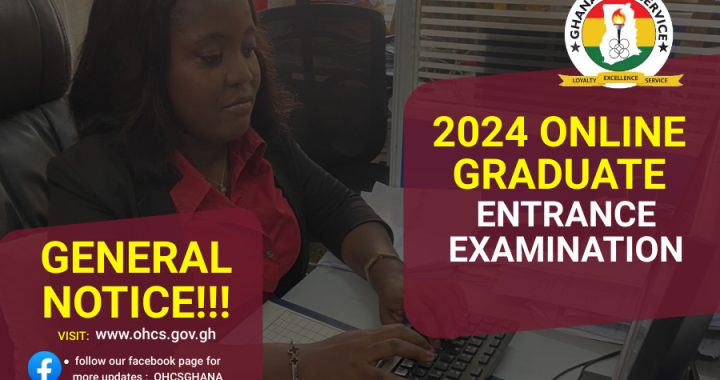 Civil Service Announces 2024 Online Examination Details for Graduate Applicants
Civil Service Announces 2024 Online Examination Details for Graduate Applicants 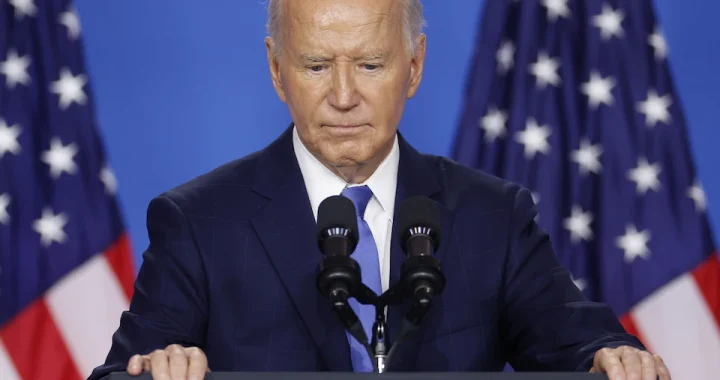 BREAKING: President Biden Announces Decision Not to Seek Reelection
BREAKING: President Biden Announces Decision Not to Seek Reelection  Real Reason Behind the Appointment of Yohunu as Deputy IGP
Real Reason Behind the Appointment of Yohunu as Deputy IGP 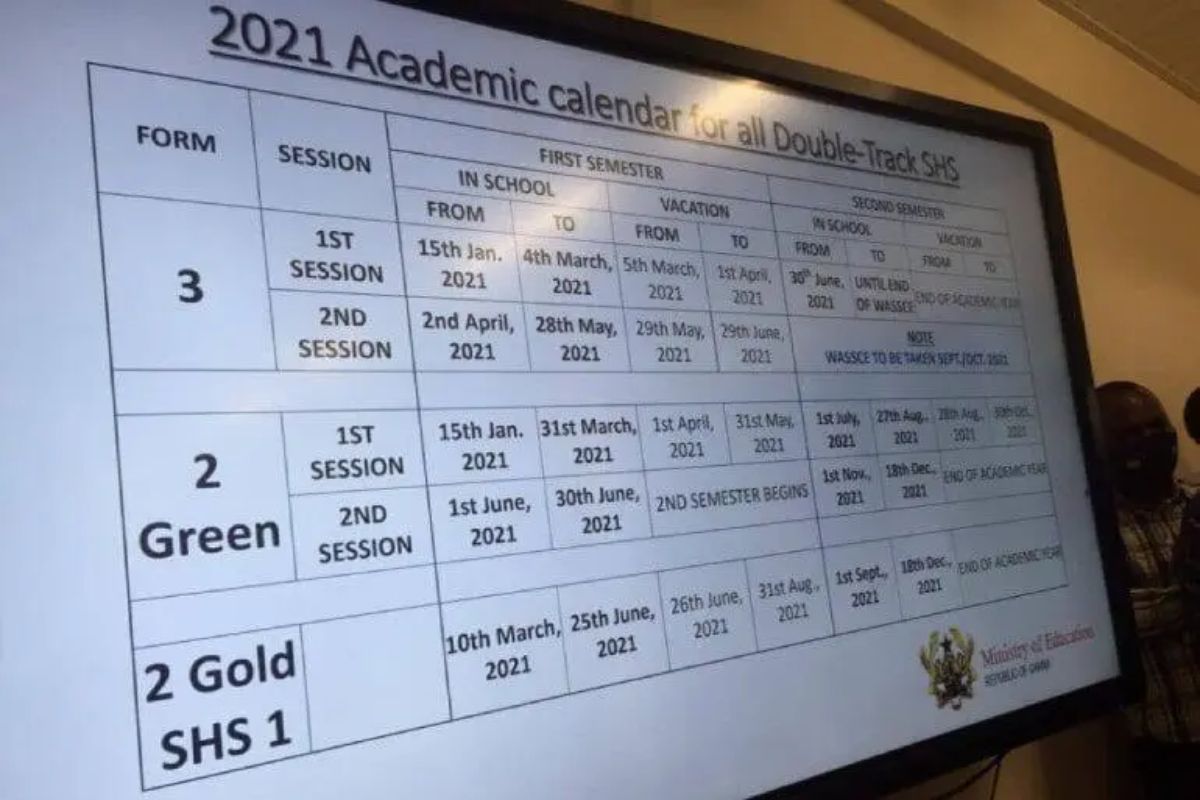 GES 2024-2025 Academic Calendar for Public Schools
GES 2024-2025 Academic Calendar for Public Schools 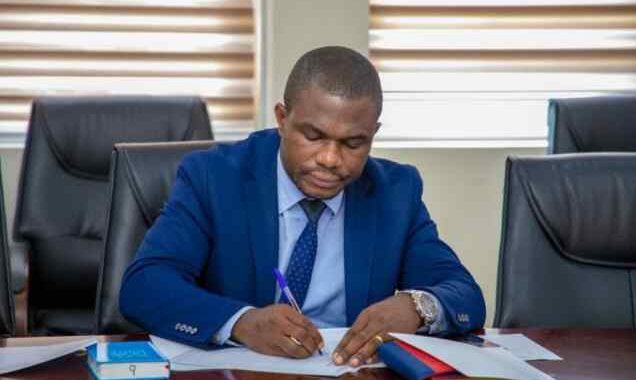 GES to recruit university graduates and diploma holders-GES Director General
GES to recruit university graduates and diploma holders-GES Director General  Dr. Bawumia’s Smart Phone Credit Will Take 125 Years To Repay: A Misleading Promise
Dr. Bawumia’s Smart Phone Credit Will Take 125 Years To Repay: A Misleading Promise 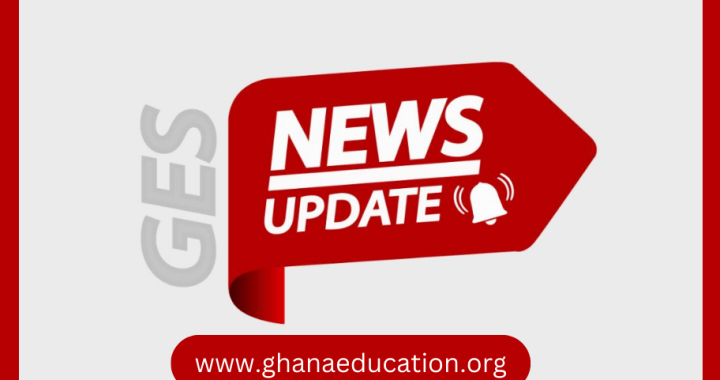 GES is expected to announce reopening dates for public schools today
GES is expected to announce reopening dates for public schools today